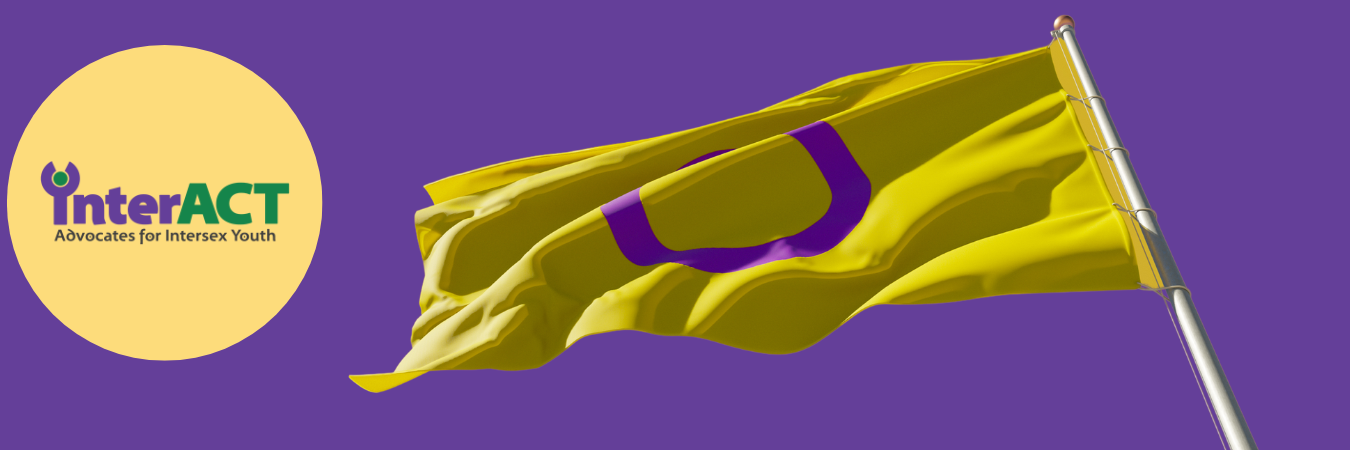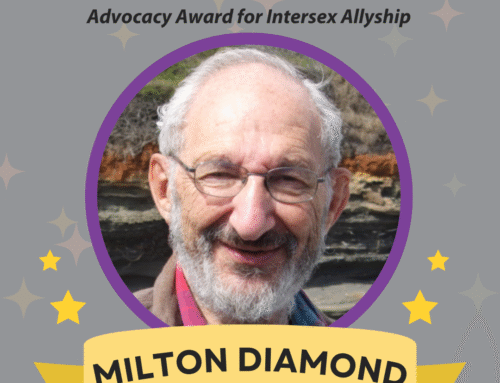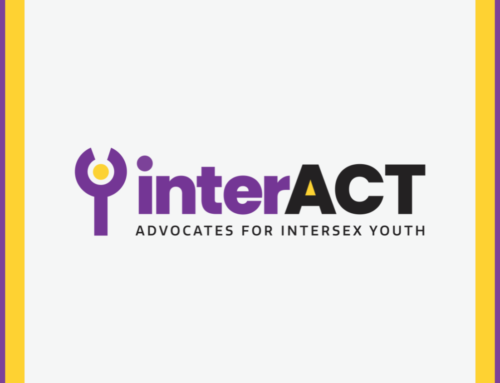
Today the United Nations Human Rights Council voted to adopt its first-ever resolution denouncing “discrimination, violence, and harmful practices” that violate the human rights of intersex people.
The resolution specifically expresses the Council’s “grave concern” about the practice of “medically unnecessary or deferrable interventions…with respect to sex characteristics, performed without the full, free and informed consent of the Person,” noting that conducting such surgeries on children does not comply with the Convention on the Rights of the Child. It also “encourages States…to enhance efforts to combat discrimination, violence and harmful practices against persons with innate variations in sex characteristics and address their root causes” in order to achieve “the highest attainable standard of physical and mental health” for intersex people.
Twenty-four countries voted in favor, including the United States – which has so far failed to ban the violent intersex surgeries condemned by the Human Rights Council. While several federal agencies have issued supportive statements on intersex rights, and the White House directed HHS to prepare a report on intersex health equity after convening the first federal intersex advocates’ roundtable in 2021, more concrete action has been lacking. Several states and cities within the US have made moves on their own, including a 2018 California resolution supporting intersex bodily autonomy as well as legislation in New York to create an awareness campaign regarding the harmful impacts of non-consensual surgery which passed just last year.
Resolutions adopted during the Council’s regular sessions “express the will of the international community” on crucial human rights issues. Today’s resolution confirms the growing consensus that discrimination and violence against intersex people are human rights concerns of global importance, recognizing that “persons with innate variations in sex characteristics…exist in all societies” and “may face multiple and intersecting forms of discrimination in all areas of life,” ranging from education, healthcare, employment, and athletics to access to justice and the enforcement of their legal rights when discrimination and violence do occur. Recent data from the Center for American Progress revealed that 67% of the intersex people surveyed had experienced some form of discrimination in the prior year – the highest rate of any group analyzed in the report.
“To meet the bar set by the UN Human Rights Council and the countless calls for action from intersex individuals and advocacy organizations, interACT renews our demand for urgent domestic action by the US government, including the prompt release of the Intersex Health Equity Report, which is now nine months overdue; equal enforcement of existing protections against involuntary sterilization, which are often circumvented when the patient is intersex; and formal inquiry into the US medical institutions that continue to publish evidence of apparent civil rights violations against children with variations in sex characteristics,” said interACT’s Legal & Policy Director Sylvan Fraser. “Federal agencies have more readily and more strongly condemned the medicalized violence that takes place abroad, but our government must apply the same scrutiny to the harmful and discriminatory treatment that children with intersex variations are suffering at our nation’s own hospitals.”






